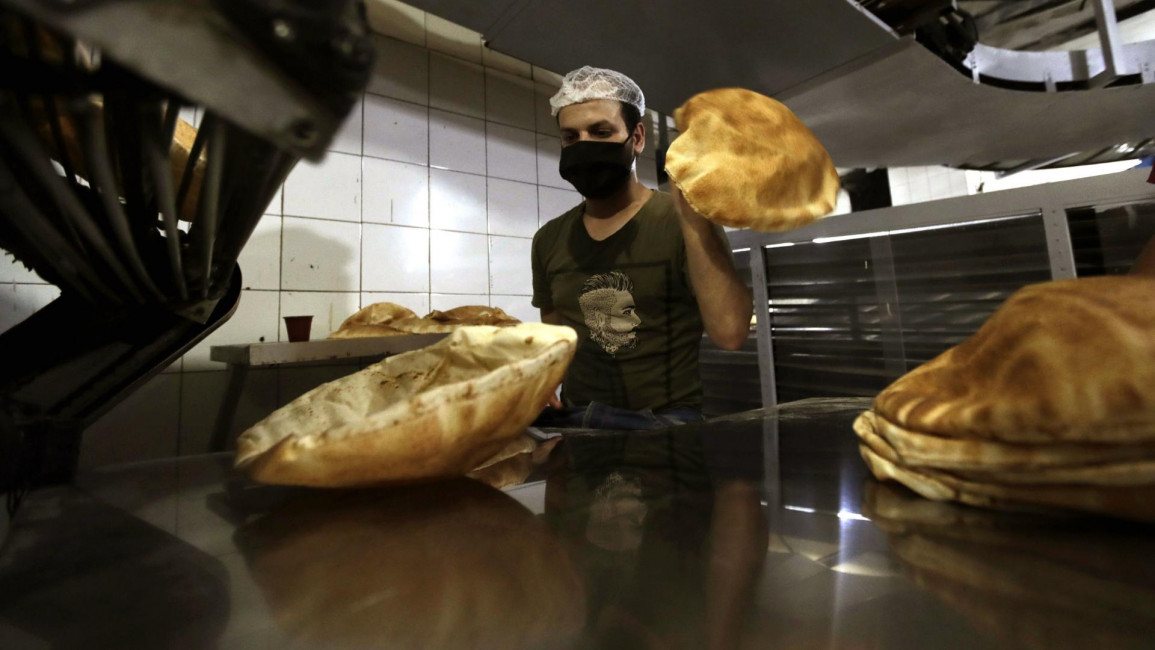Lebanon expects deal with World Bank on food security
Lebanon is close to reaching an agreement with the World Bank in which the international agency would give the crisis-hit country a $150 million loan for food security and to stabilise bread prices for the next six months, the economy minister said Tuesday.
Amin Salam told The Associated Press that the government does not have immediate plans to lift bread subsidies, especially for flour used in making flat Arabic bread, the main staple in Lebanon.
Lebanon is in the grip of a devastating economic crisis that has been described as one of the worst in modern history. It imports most of its wheat and has faced shortages over the past weeks as the war in Ukraine leads to increases in prices of oil and food products around the world.
There have also been concerns that the government might lift wheat subsidies as foreign currency reserves drop to critical levels at the central bank. Any lifting of subsidies would sharply increase the price of bread affecting the poor in the Mediterranean nation where more than three quarters of its 6 million people, including 1 million Syrian refugees, now live in poverty.
"We are working with the World Bank to keep market stability for the next six months by getting $150 million," Salam said. He added that the deal with the World Bank will stabilise the price of bread and wheat until a ration card policy is in force so that people in need can benefit.
Salam added that subsidies cannot continue forever, especially for flour that is used for making pastries and sweets. He said that such policies were implemented in Egypt and other countries where subsidies were lifted for wheat used in some products and left for the bread.
Salam said meetings were scheduled with officials from the World Bank on Wednesday, after which Lebanon will propose final recommendations to the bank's board. Salam said there is tentative approval from the Lebanese state and the World Bank, adding that if could be effective in three weeks to a month.
He said that the war in Ukraine is forcing Lebanon to find new sources that are far away and more expensive.



